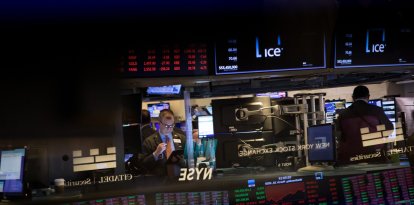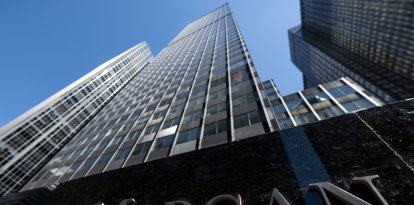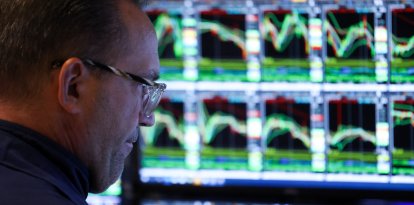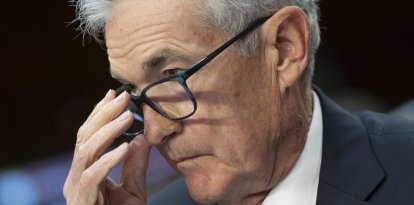HSBC to stop financing new oil and gas projects as part of environmental agenda
Europe's largest bank aims for a "net zero" environmental policy after consultation with "leading scientific and international bodies."

(Unplash).
The British bank HSBC, the largest in Europe, has announced that it will not finance new oil or gas fields from now on. The company underlined its commitment to get to "net zero" by 2050 after it received criticism from environmentalists for contradicting its environmental policy by investing in pollutive projects.
According to the BBC, HSBC made the decision after "consultation with leading scientific and international bodies" projected that the bank's current gas and oil field investments already complicated reaching net zero by 2050. HSBC committed two years ago to its net zero goal and plans to invest up to $1 trillion (£806 billion) in clean energy.
The net zero policy involves a commitment not to increase the greenhouse gases already present in the atmosphere with any aspect of the company. In the case of the bank, this umbrella includes the the investments and projects that it finances.
However, environmental NGO ShareAction reported that HSBC invested some $8.7 billion (£6.4 billion) in new oil and gas fields in 2021. This discovery brought harsh criticism upon the bank, which ultimately led to the decision announced today.
Decrease in current investments
Now, criticism has turned to praise, with groups including ShareAction itself calling on other firms to follow HSBC's lead. "HSBC's announcement sends a strong signal to fossil fuel giants and governments that banks' appetite for financing new oil and gas fields is diminishing," said Jeanne Martin, head of ShareAction's banking program.
HSBC wanted to clarify that it will continue to maintain its prior investments in oil and gas fields, as it "recognises that fossil fuels, especially natural gas, have a role to play in the transition [to net zero], even though that role will continue to diminish."
RECOMMENDATION





















